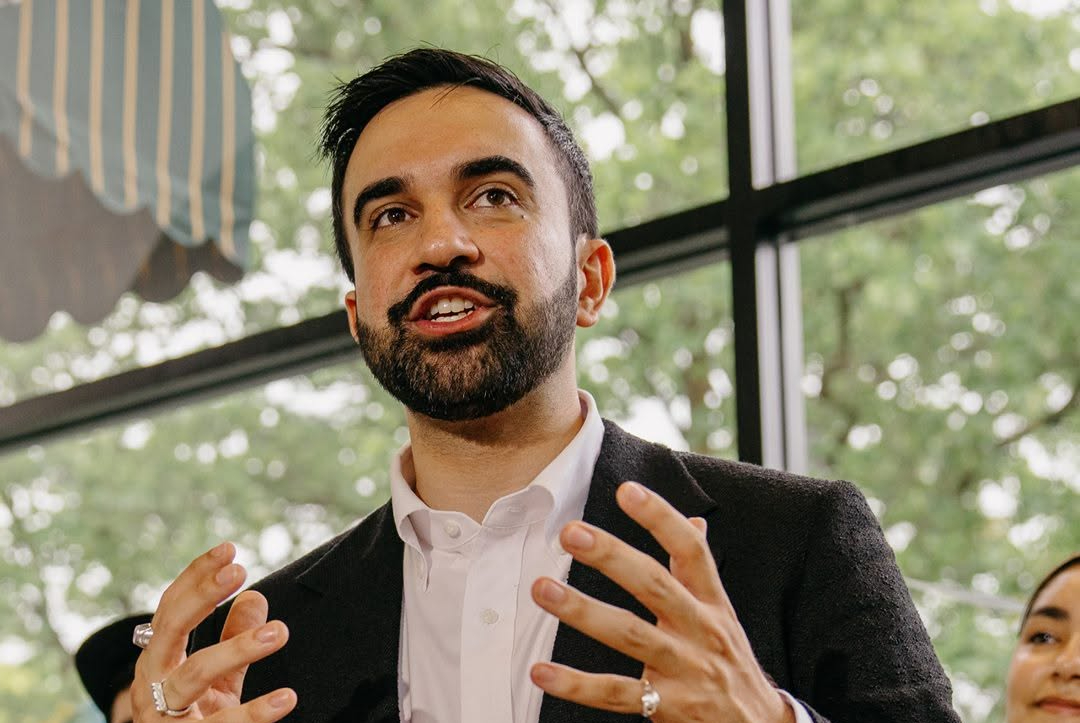Should Billionaires Exist? NYC Mayoral Candidate Zohran Mamdani Says No
A Bold Question at the Center of NYC’s Mayoral Race
In a city defined by both penthouses and poverty, Democratic mayoral frontrunner Zohran Mamdani has reignited one of the most polarizing debates in modern economics: Should billionaires exist?
“If you ask me whether people should be billionaires, I don’t think that we should have billionaires,” Mamdani said in a recent interview with NBC. His comments, while unsurprising to some given his democratic socialist platform, have sparked fierce public debate about the economic role of extreme wealth—particularly in urban settings like New York City.
Why Mamdani Believes Billionaires Don’t Belong in NYC
Mamdani, a 33-year-old State Assembly member and son of Ugandan-Indian immigrants, has built his campaign around tackling affordability. He’s proposed a 2% tax on those earning over $1 million, a rent freeze, free public buses, and city-run supermarkets—all to be paid for by what he describes as a “fairer tax structure.”
The crux of his argument? New York is home to over 100 billionaires, yet 1 in 4 New Yorkers lives in poverty. According to Mamdani, extreme concentrations of wealth undermine democratic access to housing, education, and basic quality of life.
“We are the wealthiest city in the wealthiest country in history, and still people are struggling to survive.”
What Do Billionaires Bring to a City?
Supporters of high earners argue that billionaires can be vital to a city’s economy.
-
Taxes: According to the New York State Department of Taxation and Finance, the top 1% pay over 40% of all personal income taxes in the state. This contributes significantly to funding public services, infrastructure, and schools.
-
Job Creation: Billionaires often found or lead companies that employ thousands. Their investments can stimulate innovation and attract global capital.
-
Philanthropy: Many billionaires contribute to public causes—Buffett, Gates, and Bloomberg included—supporting education, public health, and the arts.
Critics argue, however, that philanthropy should not replace systemic equity. “Giving back” doesn’t undo what some call the undue influence billionaires may exert on politics, media, or city planning.
Related: Melinda French Gates: Billionaires Aren’t a Monolith
Related: The World of Billionaires: A Snapshot in 2025
The Downsides of Billionaire Capitalism in Urban America
While defenders of wealth tout economic benefits, others warn that billionaire capitalism is incompatible with equitable urban development. Some key arguments include:
-
Skyrocketing Housing Costs: Ultra-wealthy individuals buy luxury properties, often as second homes, inflating real estate markets and pricing out working families.
-
Tax Avoidance and Loopholes: Despite their income, many billionaires pay disproportionately low effective tax rates due to capital gains treatment and deductions.
-
Disproportionate Political Power: Wealth can buy access and influence, shaping policies that favor the elite over the majority.
Mamdani’s campaign directly addresses this imbalance. “We’re not attacking people for being rich,” a spokesperson clarified. “We’re asking how wealth should function in a democratic society.”
Can a City Thrive Without Billionaires?
This remains the central question of Mamdani’s campaign—and one without easy answers.
Cities like San Francisco and London have struggled with wealth inequality despite robust billionaire populations. Meanwhile, cities like Stockholm and Copenhagen maintain high living standards with fewer ultra-wealthy individuals but stronger tax frameworks and public services.
If elected, Mamdani would become NYC’s first Muslim and Indian-American mayor, and potentially the first major U.S. mayor to explicitly campaign against the billionaire class. Critics, including hedge fund manager Bill Ackman and President Donald Trump, have labeled him a “communist,” while Mamdani insists he’s fighting for economic fairness—not ideology.
Related: What It Really Costs to Live Like a Billionaire
What’s Next for NYC?
Mamdani’s ideas have energized a progressive base, especially younger and working-class voters. But many business leaders warn that aggressive taxation could push wealth out of the city, potentially shrinking the tax base that funds essential programs.
Still, the fundamental question remains:
In a city of eight million, should a few hundred billionaires shape the future for everyone else?
NYC Wealth & Inequality Snapshot
| Metric | Data |
|---|---|
| Number of Billionaires in NYC (2024) | 107 |
| Share of Personal Income Taxes Paid by Top 1% | 41% |
| Median Rent in NYC | $3,650/month |
| New Yorkers in Poverty | 1 in 4 |
| Proposed Millionaire Tax by Mamdani | +2% |













